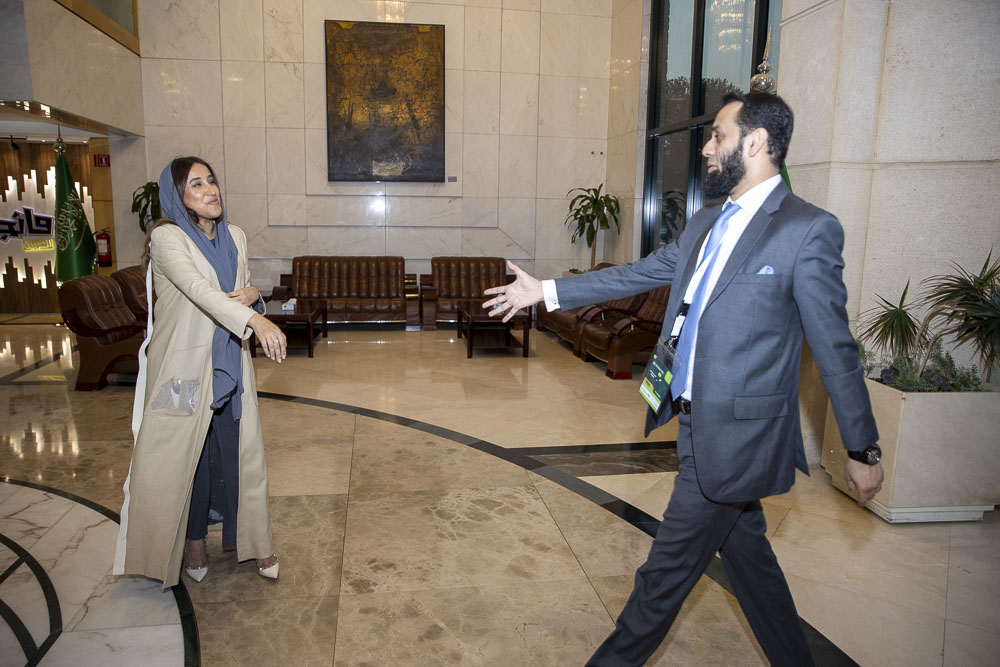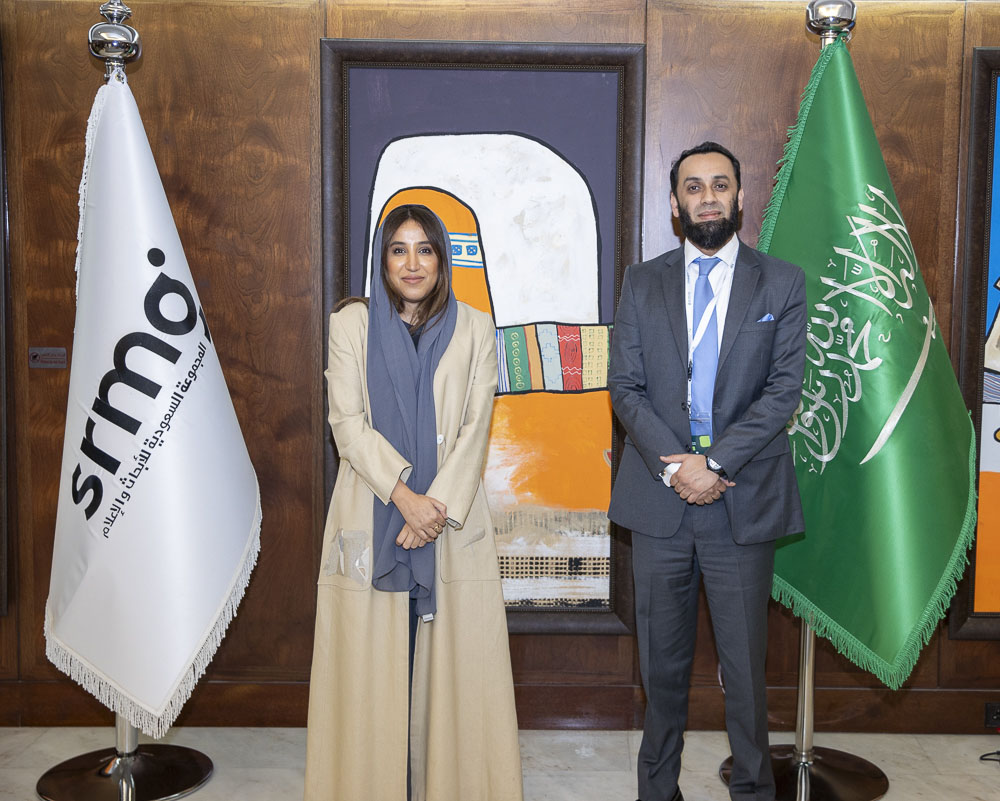ISLAMABAD: New York City Mayor Eric Adams this week announced his government would close “in the coming months” a migrant processing center and shelter for asylum seekers housed since 2023 in the Pakistan-owned Roosevelt Hotel, citing the easing of the US migrant crisis.
The Roosevelt Hotel, owned by Pakistan International Airlines (PIA), closed to guests in December 2020 after the coronavirus pandemic shuttered the tourism industry worldwide. The site is one of more than 50 shelters that New York has closed or announced it will shutter as the number of new migrant arrivals has decreased due to strict immigration policies by the previous and new American administrations. Since taking power, US President Donald Trump has ended access to CBP One, a popular scheduling app for asylum seekers, and also stepped up enforcement at the US-Mexico border.
According to the New York City government’s projections, its efforts to reduce care for migrants will save more than $5 billion over the next three fiscal years.
“The Roosevelt Hotel, which has served as both our asylum arrival center and a humanitarian emergency response and relief center for nearly two years, will be closing in the coming months,” Adams said in a video message.
“While we are not done caring for those who came into our care, today marks another milestone in demonstrating the immense progress we have achieved in turning the corner on the unprecedented international humanitarian effort.”
The Roosevelt hotel is located in a prime midtown Manhattan location, steps from Grand Central Terminal and some of the highest-priced office buildings on Park Avenue. As per a report in The New York Times, NYC struck a $220 million, three-year deal with PIA to convert the hotel into a shelter in 2023. The city agreed to pay a nightly rate of $202 per room in the hotel, which has more than 1,000 rooms. The hotel has since served as an arrival center for migrants where they could get access to vaccines, food and other resources.
A report published in Bloomberg said the number of migrants arriving to New York had fallen to 350 a week, down from a peak of about 4,000. It said the Roosevelt Hotel, which had taken in over 173,000 migrants since it opened as a shelter, had “struggled to keep up with the influx” of migrants.
Adams’ announcement comes after Vivek Ramaswamy, now a member of Trump’s cabinet, criticized New York’s deal with PIA in December 2024.
“A taxpayer-funded hotel for illegal migrants is owned by the Pakistani government which means NYC taxpayers are effectively paying a foreign government to house illegals in our own country,” Ramaswamy wrote on social media platform X.






















